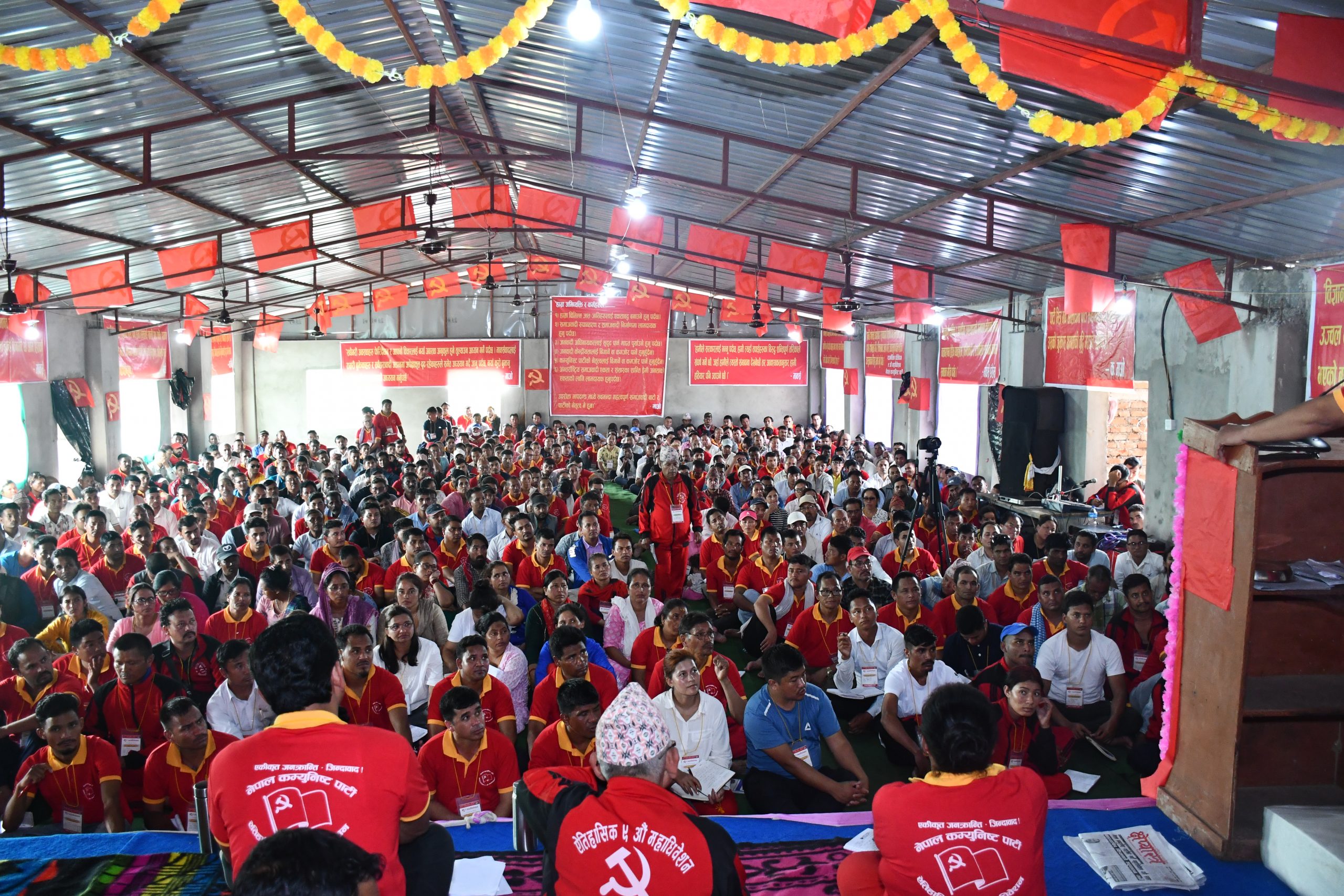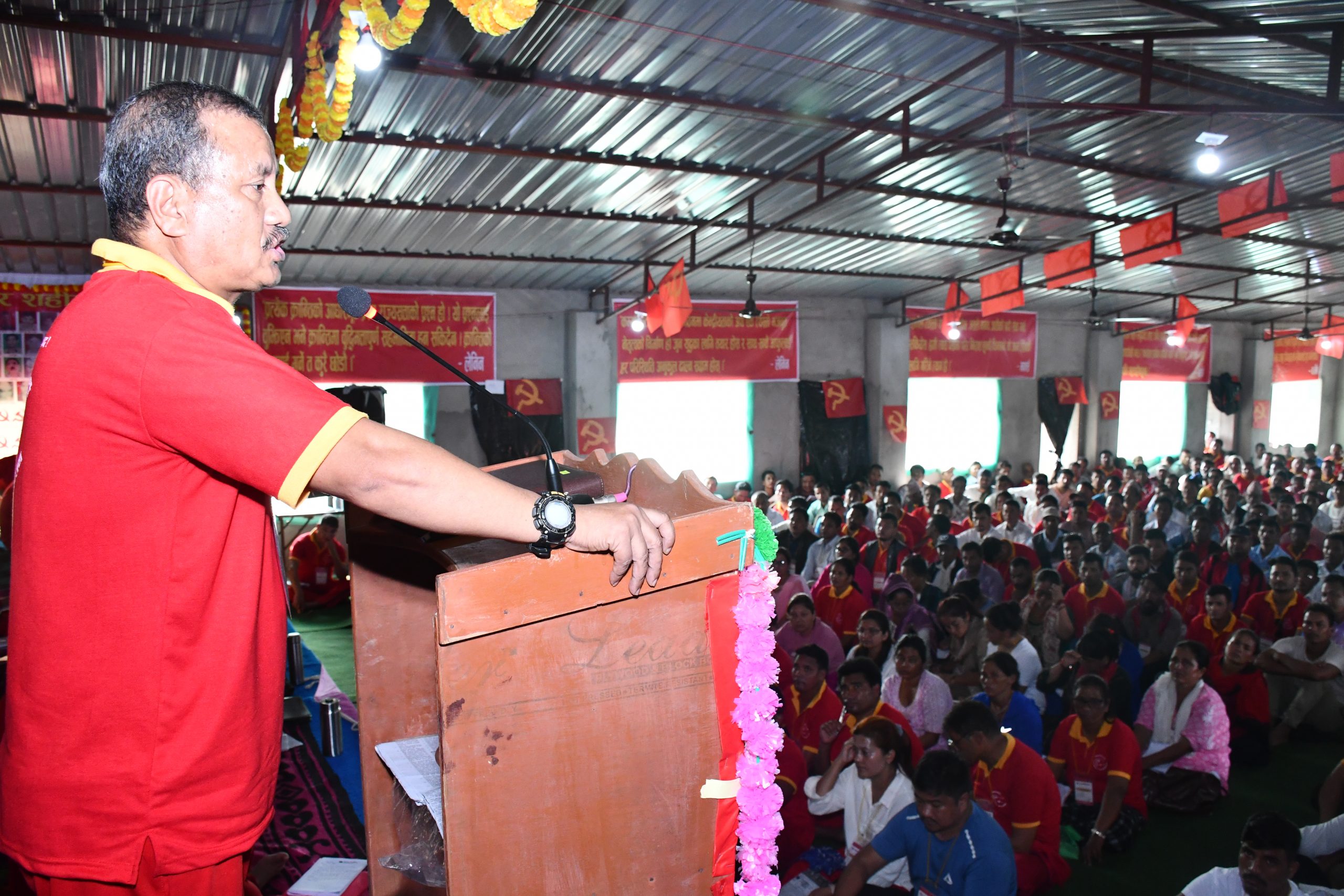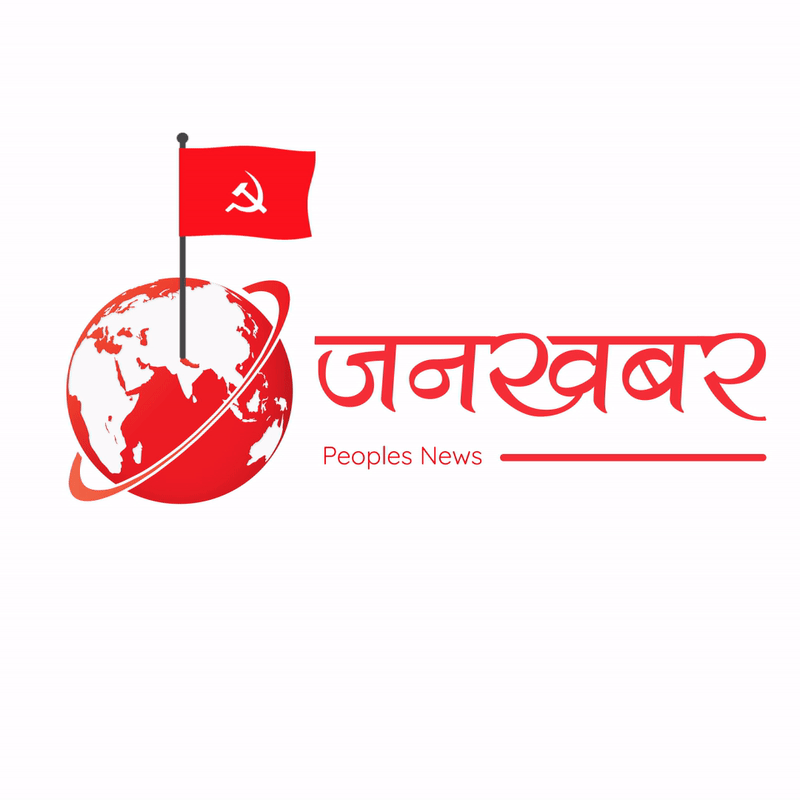राजधानीको पेप्सीकोलामा शुक्रबार राति ९ बजे गोली चलेको छ, गोली लागेर खोटाङकी रमा भट्टराई घाइते भएकी छन्
ताजा खबर
- अमेरिकी डलर र यूरो महँगियो, पाउण्ड घट्यो
- कमला ह्यारिसद्वारा अमेरिकी राष्ट्रपतिमा उम्मेदवारी घोषणा
- भीषण आगलागीका कारण क्यानडाको ऐतिहासिक सहर ज्यास्पर आधा ध्वस्त
- विपद्जन्य घटनावाट एक सय ३९ जनाको मृत्यु
- भारत र श्रीलंका एसीसी वुमन्स एसिया कपको फाइनलमा प्रवेश
- आइतबार काठमाडौं उपत्यकाकाका स्थानीय तहमा सार्वजनिक बिदा
- २३३ करोड मानिस नियमित खानाका लागि संघर्षरत
- समाजवादी मञ्च समाजवाद निर्माणको महत्त्वपूर्ण आधार
- वर्तमान राजनीतिक संकटको अग्रगामी निकास नेपाली विशेषताको समाजवाद
- अवैधरूपमा कल बाइपास गर्ने पक्राउ
शनिबार १२ श्रावण २०८१






